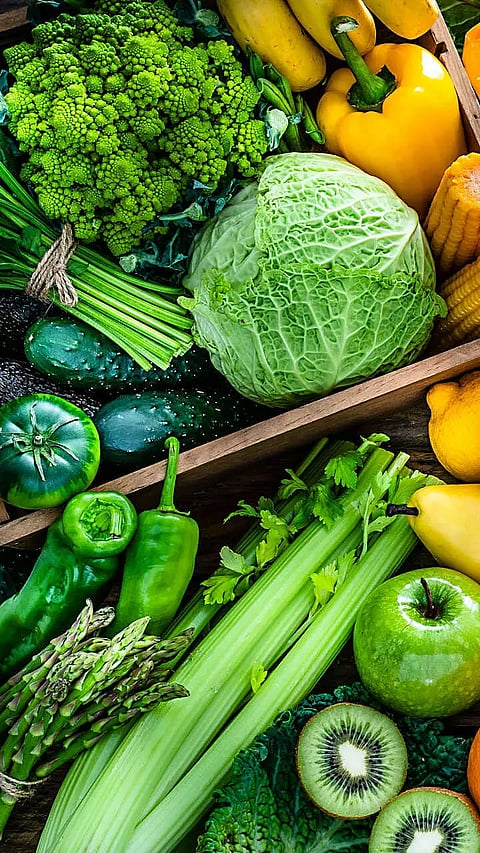Water
Drink 8 to 12 cups of water daily.
Dark Green Vegetables
Incorporate dark green vegetables into your diet regularly, aiming for at least three to four times per week. You have a variety of nutritious choices to pick from, such as broccoli, peppers, Brussels sprouts, as well as leafy greens like kale and spinach.
Whole Grains
Incorporate whole grains into your daily meals, aiming for at least two to three servings each day. Opt for options like whole wheat flour, rye, oatmeal, barley, amaranth, quinoa, or multigrain products. A serving of whole grains is considered a good source of fiber if it contains 3 to 4 grams, and it's considered a great source if it provides 5 grams or more of fiber per serving.
Beans and Lentils
Consider incorporating a bean-based meal into your weekly routine, aiming for at least once a week. Experiment with adding legumes like beans and lentils to various dishes such as soups, stews, casseroles, salads, and dips, or enjoy them on their own.
Fish
Strive to include fish in your diet by aiming for two to three servings each week. A serving is typically equivalent to 3 to 4 ounces of cooked fish. Excellent options to consider include salmon, trout, herring, bluefish, sardines, and tuna.
Berries
Incorporate a daily intake of two to four fruit servings into your diet. Experiment with delicious options like raspberries, blueberries, blackberries, and strawberries, among others.
Winter Squash
Include butternut and acorn squash, along with other brightly colored vegetables in rich shades of dark orange and green, such as sweet potato, cantaloupe, and mango, in your diet.
Soy
To help reduce cholesterol levels within a low-fat diet, it is recommended to consume 25 grams of soy protein daily. You can incorporate soy protein into your diet by including options like tofu, soy milk, edamame soybeans, tempeh, and texturized vegetable protein (TVP).

